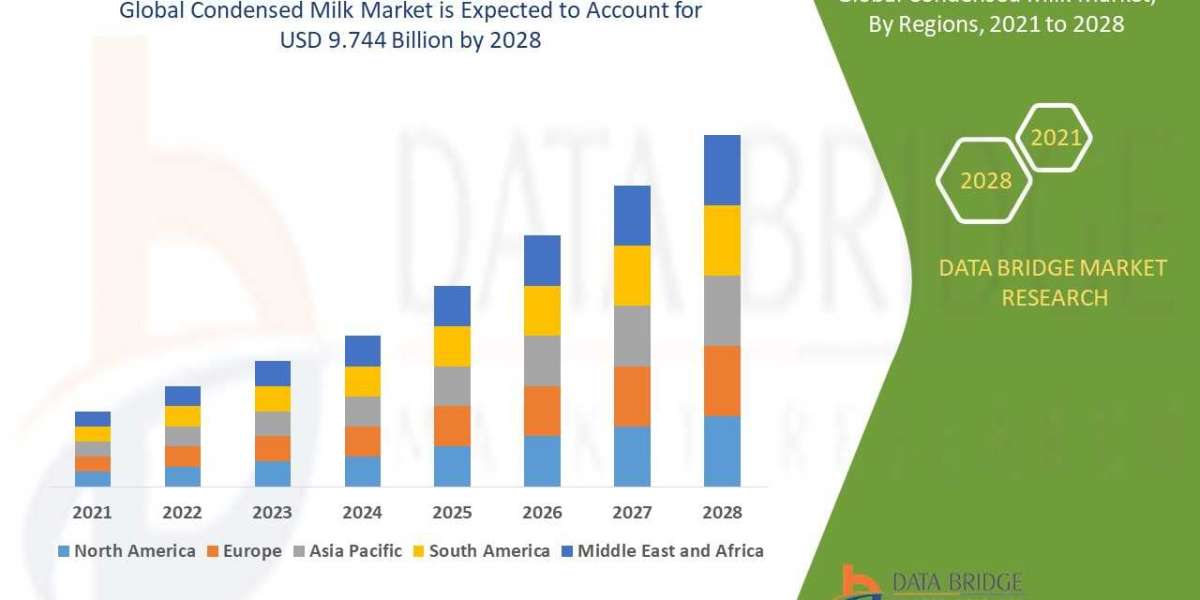Vegan Diet Sustainability is a phrase that encompasses the concept of adopting a vegan lifestyle for the long-term benefit of the environment. With a growing concern for the planet, more and more people are turning to plant-based diets as a means to reduce their carbon footprint and make a positive impact on the world.
The vegan diet consists of abstaining from all animal products, including meat, dairy, and eggs. By eliminating these foods from one's diet, individuals can significantly reduce the environmental impact associated with the production and consumption of animal products.
One of the primary reasons why the vegan diet is considered sustainable is due to its lower greenhouse gas emissions. Livestock production is a major contributor to greenhouse gas emissions, with studies estimating that it is responsible for around 14.5% of global emissions. By eliminating animal agriculture, individuals can help combat climate change and reduce their contribution to global warming.
Another aspect of Vegan Diet Sustainability is water conservation. Animal agriculture requires large amounts of water for the production of animal feed, as well as for drinking and cleaning purposes. By choosing a vegan diet, individuals can help conserve water resources and contribute to the preservation of freshwater ecosystems.
Deforestation is another significant environmental issue that is closely associated with animal agriculture. Clearing land for livestock production and cultivating crops for animal feed contribute to the destruction of forests worldwide. Choosing a vegan diet can help reduce the demand for these crops, thus putting less pressure on forests and protecting biodiversity.
The vegan diet also promotes sustainable land use. Animal agriculture requires vast amounts of land for grazing and growing animal feed, contributing to land degradation and soil erosion. By choosing plant-based alternatives, individuals can help preserve arable land and promote sustainable farming practices.
In addition to the environmental benefits, the vegan diet also promotes sustainability in terms of resource conservation. Animal agriculture consumes significant resources such as fossil fuels, land, and water. By shifting to a plant-based diet, individuals can help preserve these finite resources for future generations.
The vegan diet is not only sustainable for the environment but also for human health. Numerous studies have shown that a well-planned vegan diet can provide all the necessary nutrients for good health, while also reducing the risk of chronic diseases such as heart disease, type 2 diabetes, and certain types of cancer. By adopting a vegan diet, individuals can improve their overall well-being and contribute to the sustainability of the healthcare system.
In conclusion, Vegan Diet Sustainability is a concept that emphasizes the environmental benefits of adopting a vegan lifestyle. By eliminating animal products from one's diet, individuals can significantly reduce their carbon footprint, conserve water resources, protect forests, promote sustainable land use, and conserve finite resources. In addition to the environmental benefits, the vegan diet also offers numerous health advantages. So, if you are looking to make a positive impact on the planet and improve your health, consider embracing a vegan lifestyle.














